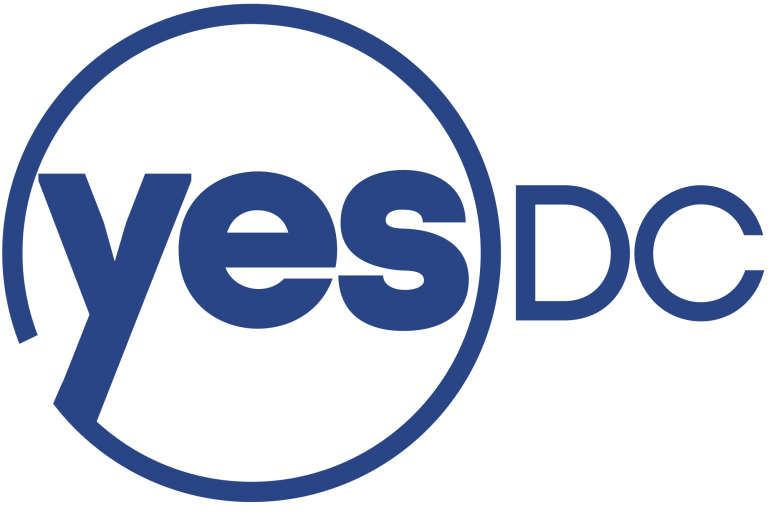The road to Paris – Climate Change Policy & Practice
As part of the international climate negotiations around the United Nations Framework Convention on Climate Change (UNFCCC) in Copenhagen (2009) and Cancún (2010), parties have agreed in the Copenhagen Accord and the Cancún Agreements to collectively reduce greenhouse gas emissions with the aim to limit global mean temperature increase to less than 2 °C above pre-industrial levels. While many countries have formulated reduction proposals (pledges) for 2020, assessments of these pledges have concluded that the emission reductions associated with them fall short of those consistent with this 2 °C climate target. In December 2015 a new Conference of Parties (CoP) will be held in Paris, with as objective to achieve a legally binding and universal agreement on climate from all the nations of the world. This 2015 agreement will have to bring together the current patchwork of binding and non-binding arrangements under the UN climate convention into a single treaty. But is there a sense of urgency? Are we prepared for what’s coming.
In this session we will try to find answers to questions like:
- The way to CoP21 Paris (Dec 2015)?
- Why are climate targets often not met?
- Which factors can add to climate agreements that do succeed?
- Are there climate issues in science, politics and public opinion?
[message_box title=”Evening details” color=”white”] Date: Wednesday April 1st, 2015
Time: 19:00h
Location: Belle van Zuyenzaal, Academiegebouw, Domplein 29, 3512 JE Utrecht[/message_box]
Program
19:00 – 19:30 Walk in with coffee and tea
19:30 – 19:45: Opening by the chairman of YES-DC
19:45 – 20:15: dr. Leo Meyer (Head of the TSU of the IPCC Synthesis Report of the 5th assessment)
20:15 – 20:30: Annemiek Admiraal (Researcher PBL Netherlands Environmental Assessment Agency)
20:30 – 20:45: Break with coffee and tea
20:45 – 21:15: Ivo de Zwaan (Ministry of infrastructure & environment and head of the Dutch UNFCCC delegacy)
21:15 – 21:30: Soundboard response by Faiza Oulahsen (Climate campaigner of Greenpeace)
21:30 – 22:00: Discussion panel/ plenary discussion
22:00: Closure & Drinks
About the speakers
[message_box title=”dr. Leo Meyer (head Technical Support Unit IPCC): ” color=”white”] Leo is the Head of the TSU of the IPCC Synthesis Report of the 5th assessment and he was head of the TSU of the report on Mitigation (Working Group III IPCC) of the 4th Assessment. Leo has exceptional knowledge of the interface between science and politics. How much can climate science objectively inform policy? How much science is there, and how much politics? What happens with climate science after a climate gate? [/message_box]
[message_box title=”Annemiek Admiraal (Researcher PBL Netherlands Environmental Assessment Agency) ” color=”white”] Annemiek will talk about the current insights on country specific targets and the gap between pledged mitigation effort and the required mitigation efforts. Are we on track or should there be a sense of urgency? [/message_box]
[message_box title=”Ivo de Zwaan (Ministry of infrastructure & environment and head of the Dutch UNFCCC delegacy)” color=”white”] Ivo is part of the Dutch negotiation team and has exceptional knowledge of what really happens at the Conference of Parties (CoP). How do negotiation teams prepare for CoP21? What is the aim, the goal? Do we enter with a sense of urgency? Is climate policy liable to changing political and economic wind? Is climate science an input to the negotiation table or do other factors influence the agenda? [/message_box]
[message_box title=”Faiza Oulahsen (Climate Campaigner of Greenpeace)” color=”white”] Faiza Oulahsen is climate campaigner at Greenpeace and will be the voice of the non-academic and non-policy speaker. She will reflect on the topic and the lessons learned during this event and tell us more about how an NGO like Greenpeace is preparing for Paris. Faiza was also elected for position #30 at the ‘Duurzame top 100’ in 2014. [/message_box]
Location
The venue is easily accessed by foot, public transport and by car. From Utrecht Central station please follow signs to ‘Museum Kwartier’ and exit through the ‘Goldebaldkwartier’ exit in Hoog Catherijne. Walking to the venue will take about 15 minutes. Visitors can also take bus 2 from Utrecht Central Station, exit at Domplein. The nearest car park is located at the Springweg, a ten-minute walk from the University Hall.
Registration
[Form id=”35″]

